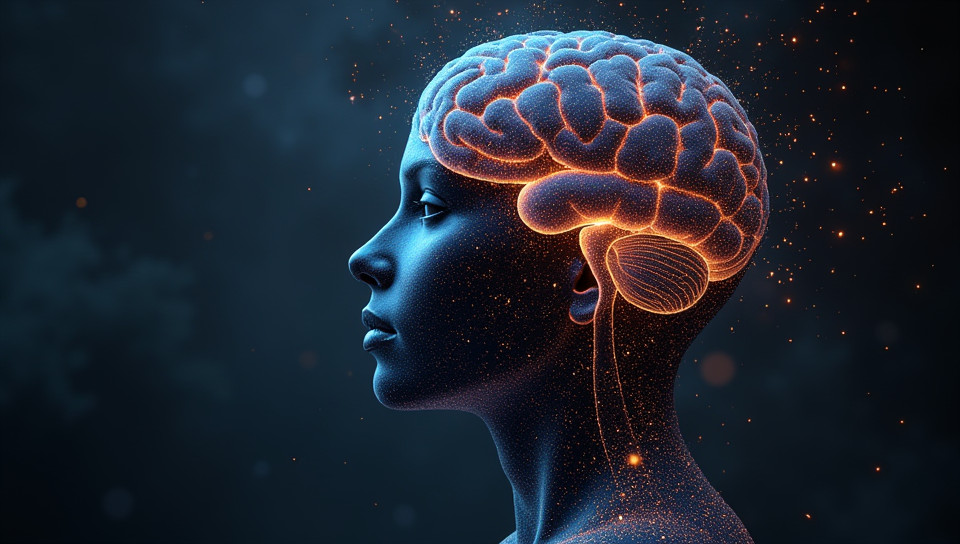Cognition and music are closely linked 92%

The Harmonious Connection: Unraveling the Relationship Between Cognition and Music
Have you ever found yourself lost in thought while listening to your favorite song, only to have a flood of memories and emotions resurface? Or perhaps you've noticed that certain tunes can enhance your focus or boost your mood? The connection between cognition and music is more profound than we often give it credit for. Research has revealed that our cognitive abilities are intricately linked with our musical experiences, influencing everything from memory to creativity.
The Power of Music in Shaping Memory
Music has a unique ability to evoke powerful memories, transporting us back to moments in time where emotions and experiences converge. Studies have shown that music can:
- Enhance recall: Music is often used as a mnemonic device to aid in memory recall.
- Evoke emotional responses: Music's emotional impact can stimulate the brain's reward system, releasing dopamine and endorphins.
- Create associations: Our brains create connections between music and memories, making it easier to access and retrieve them.
The Cognitive Benefits of Musical Engagement
Engaging with music has been shown to have a positive impact on cognitive function, particularly in areas such as:
- Attention and focus: Music can improve concentration and attention span.
- Spatial-temporal skills: Music training has been linked to enhanced spatial-temporal skills, which are crucial for problem-solving and critical thinking.
- Language development: Research suggests that music exposure can aid language acquisition and proficiency.
The Neuroscience Behind the Connection
Neuroimaging studies have provided valuable insights into the brain's response to music. Key findings include:
- Cross-modal connections: Music activates multiple areas of the brain, including those responsible for emotion, memory, and spatial awareness.
- Neuroplasticity: Regular musical engagement can lead to changes in brain structure and function, particularly in areas related to auditory processing.
Conclusion
The connection between cognition and music is a complex and multifaceted one. By exploring this relationship, we gain a deeper understanding of the ways in which music influences our cognitive abilities and emotional experiences. Whether you're a musician, music lover, or simply someone who appreciates the power of sound, recognizing the harmonious link between cognition and music can have a profound impact on your life. So next time you find yourself lost in thought while listening to your favorite song, remember that it's not just the melody that's at work – it's the intricate dance between cognition and music that's making it all happen.
- Created by: Paulo Azevedo
- Created at: Nov. 15, 2024, 12:22 p.m.
- ID: 15967









